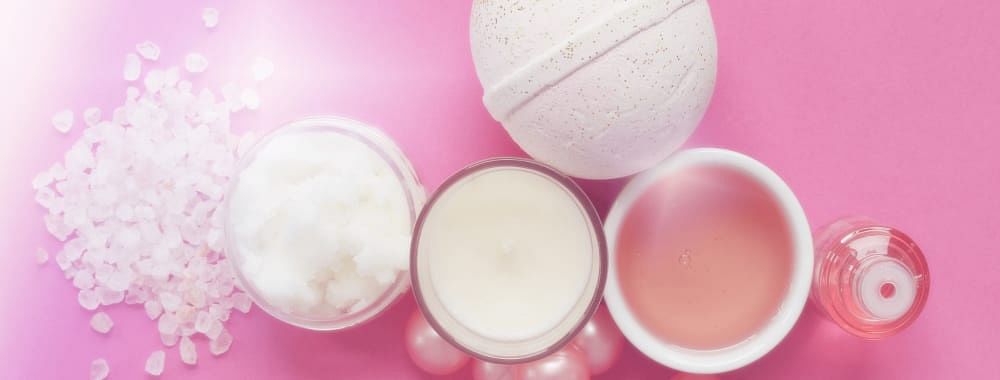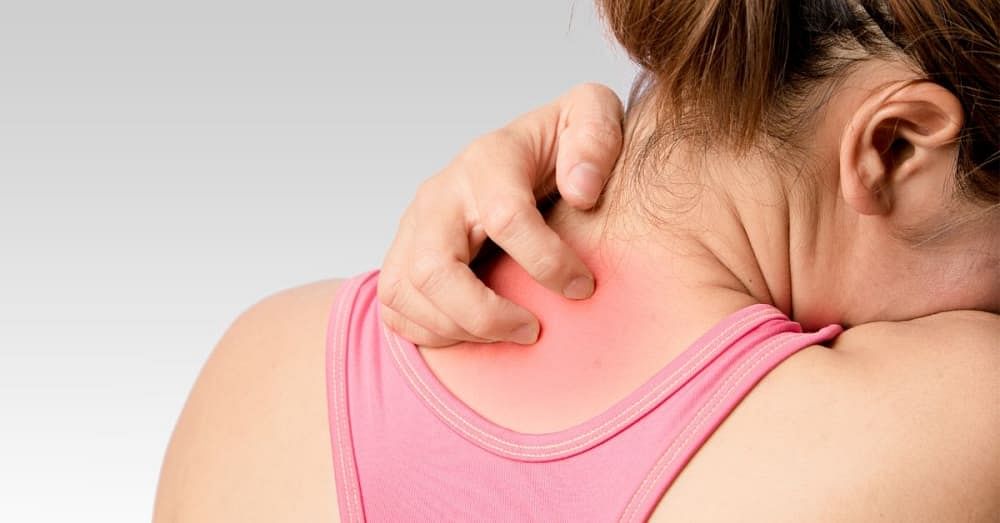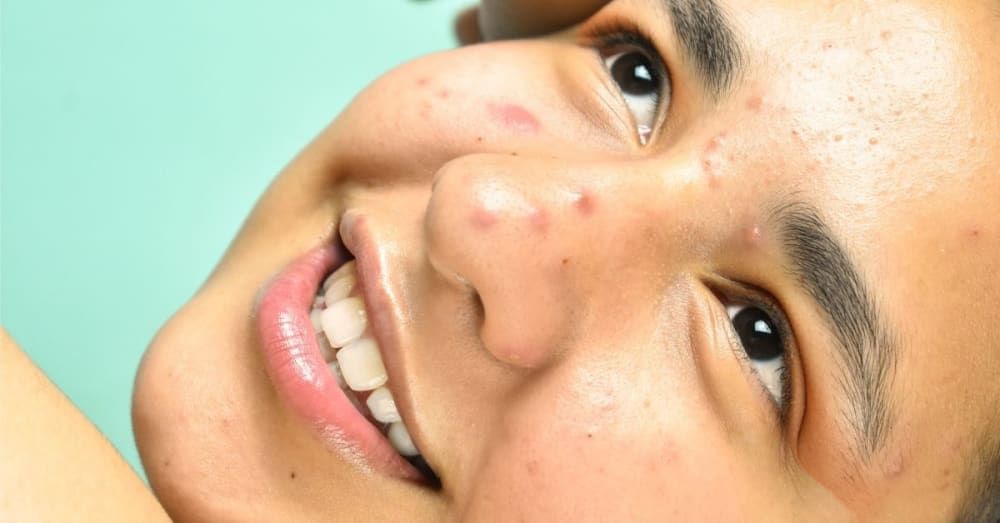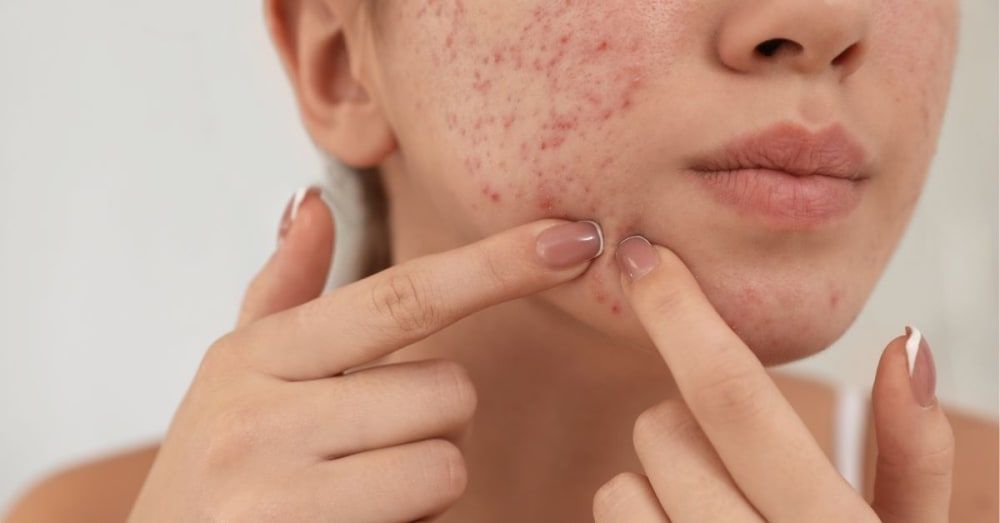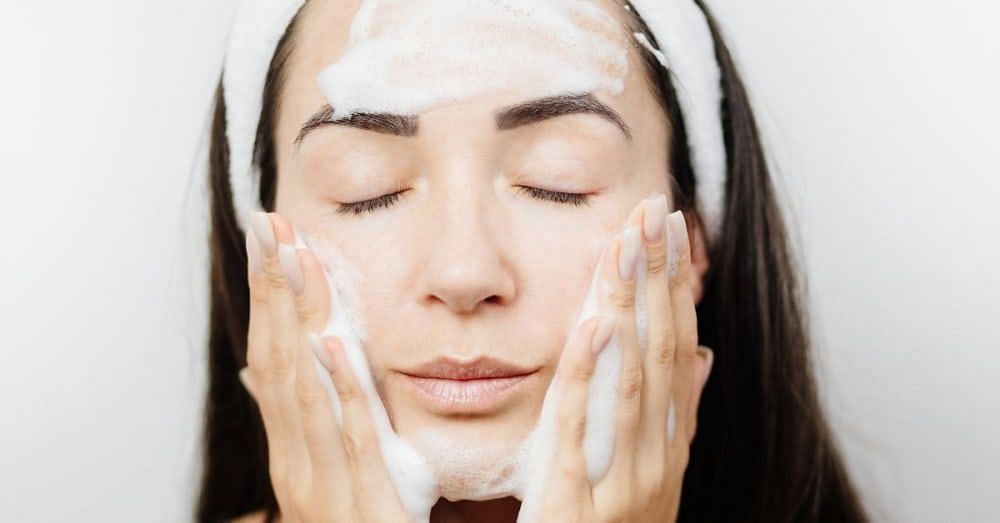Ever thought about how vital PCA (L-pyrrolidone carboxylic acid) is for our skin? And how it is, undoubtedly, the most used active element in the cosmetic industry? PCA is commonly known as pidolic acid and is equally considered a physiological moisturizer in cosmetology. Hence, it’s considered the best option for moisturizing the skin.
Let’s look into further aspects.
Carboxylic acid for skin
In skincare, the carboxylic acid is conventionally grouped by aldobionic acids (ABAs), alpha-hydroxy acids (AHAs), polyhydroxy acids (PHAs), retinoic acids, vitamin C, and azelaic acid. This together charters special skincare effects to modulate skin keratinization and improve the biosynthesis of dermal components.
The Benefits of carboxylic acid on skin
Carboxylic acids are used for several skincare benefits, including topical treatments like acne, rosacea, warts, eczema, psoriasis, dry/rough skin, and are most effective in anti-aging protection.
Zinc for skin
Zinc is a vital mineral (micronutrient) for our largest organ—the skin. It is one of the minerals widely studied and used for acne treatments majorly due to its anti-inflammatory effects. Zinc is always ranked high in the list of skincare products. That’s why our skin depends on zinc for its powerful properties. Zinc helps with healing rashes, rejuvenation, wards off the itchy scalp, works as an antioxidant, and an effective sunscreen ingredient. Zinc provides many benefits when included in our diets since it helps fight free radicals and actively helps delay skin aging.
Sodium for skin
Do you know the main reason for skin dullness or sagginess? Sodium imbalance in your body causes dehydration and affects skin collagen, elastin, and ultimately makes your skin saggy and wrinkled. The key to including sodium in skincare is by having a proper diet and products which help retain moisture of the skin by promoting better blood circulation and aids in nutrient absorption. Since sodium offers such an impressive list of benefits, it is used widely in skin care products.
Zinc PCA for skin
Zinc PCA is the zinc salt of pyrrolidone carboxylic acid, also known as L-pyroglutamate, a derivative of glutamic acid (an amino acid). It is one of the components of the “Natural Moisturizing Factor” (NMF), which our skin produces naturally to slow down water loss to the environment.
Zinc PCA controls acne and reduces the secretion of sebum (a physio-sebo regulator) by oily skin, and helps in retaining the skin humidity. Zinc actively decreases inflammation and also has antibacterial properties. It is one of the most sorted and the best ingredients in the skincare industry. It has a gentle effect on the skin, especially on sensitive types and hence is among few key elements in skincare products. Zinc PCA is made available in serums and moisturizers in various types of skincare products.
L-PCA is considered to have an essential role in the biochemistry of skin. Hence, Zinc PCA proves to be a synergy of two elements, i.e., Zinc and L-PCA. Zinc helps in controlling acne, whereas L-PCA looks after strengthening the barriers of skin. It is the zinc ions that possess the qualities which are used in the form of zinc salts, i.e., Zinc PCA, and that’s made available to be used in skincare products. Zinc ions are soluble and make it for easy application on the skin. Due to the NMF (natural moisturizing factor), it binds to water and reduces water loss. Zinc-PCA is indeed considered an all-rounder in the skincare industry. The formulation of Zinc-PCA is made effective in serums and moisturizers to make it non-drying and non-irritating to the skin.
Sodium PCA for skin
Sodium PCA majorly functions as a moisturizer in skin care products. It is a naturally occurring hydrating element and acts as a skin-replenishing ingredient in various products. Sodium PCA is a humectant ingredient, which helps the skin retain moisture by attracting water to the upper layer of the skin.
Sodium PCA is the salt of sodium in the form of pyroglutamic acid (proline an amino acid), which allows it to be water-soluble and hence giving the hydrating property for easy absorption. PCA, which is found in living cells, is extracted for use in various skin care products, including serums and moisturizers. It gives your skin a hydrated appearance and reduced flakiness. On an estimation, Sodium PCA forms around 12% in the NMF, which helps the skin to remain supple and hydrated. It is made synthetically and/or extracted naturally from plant-based sources. Hence, it’s formulated according to the regulations and considered safe for skincare uses.

